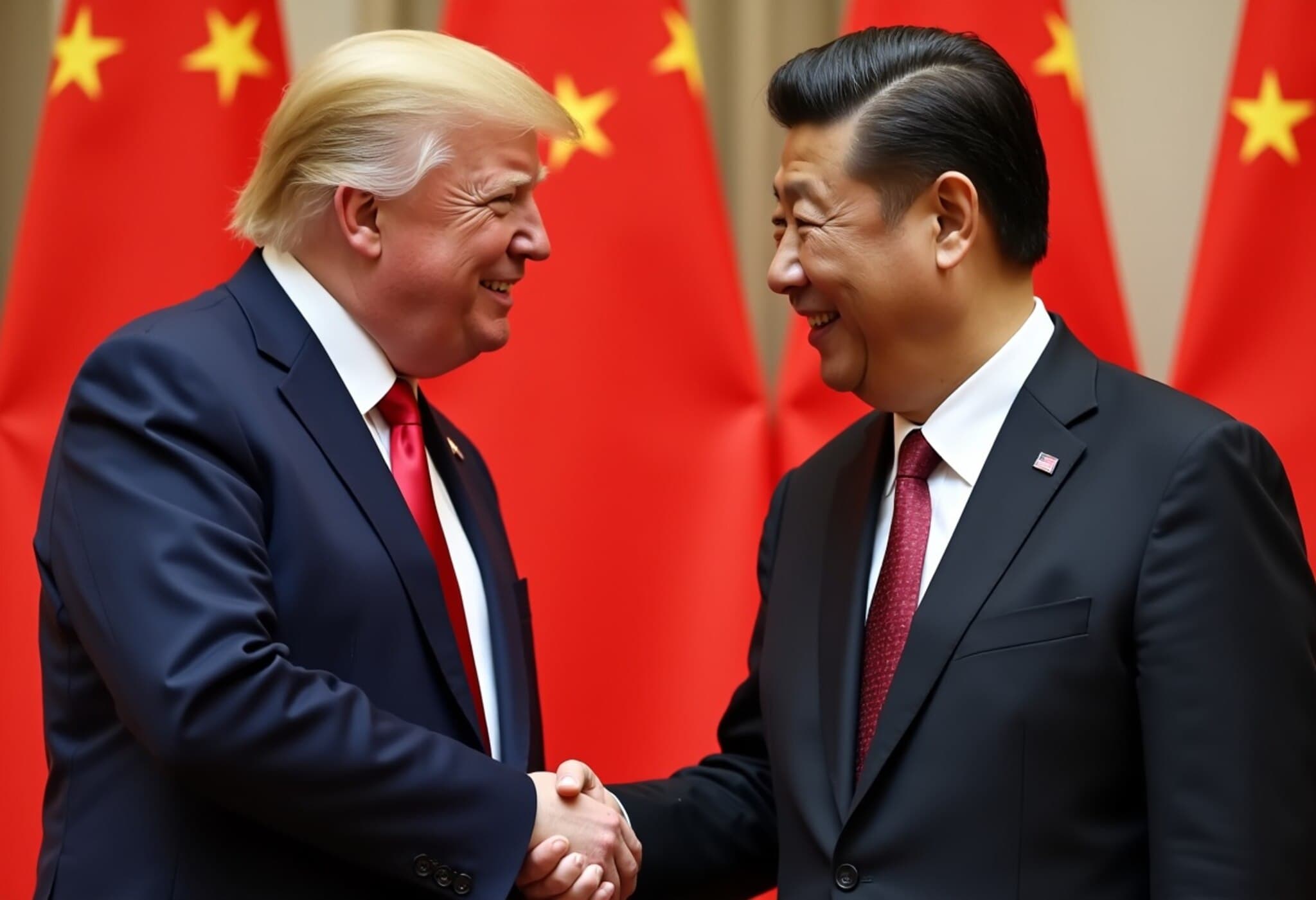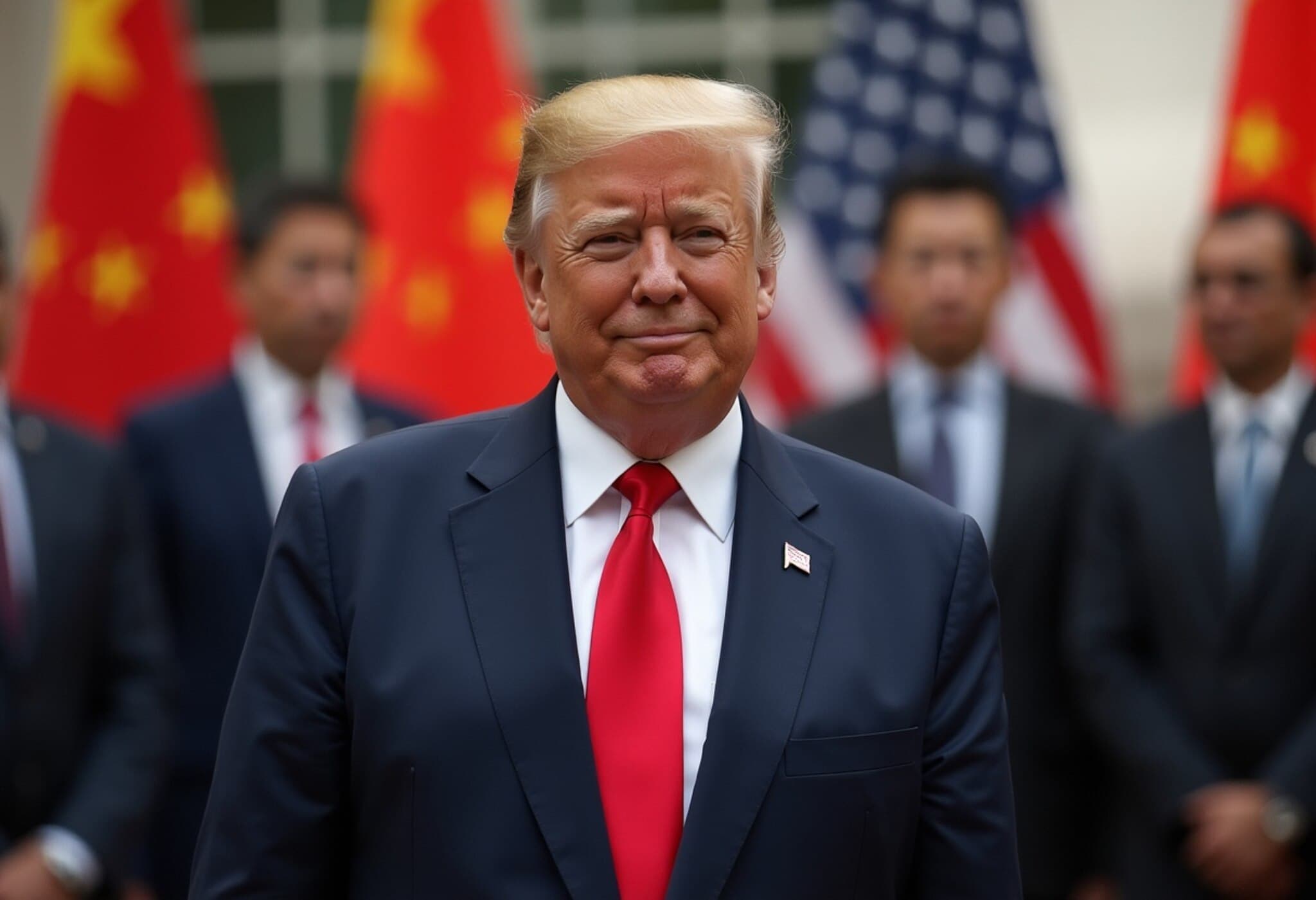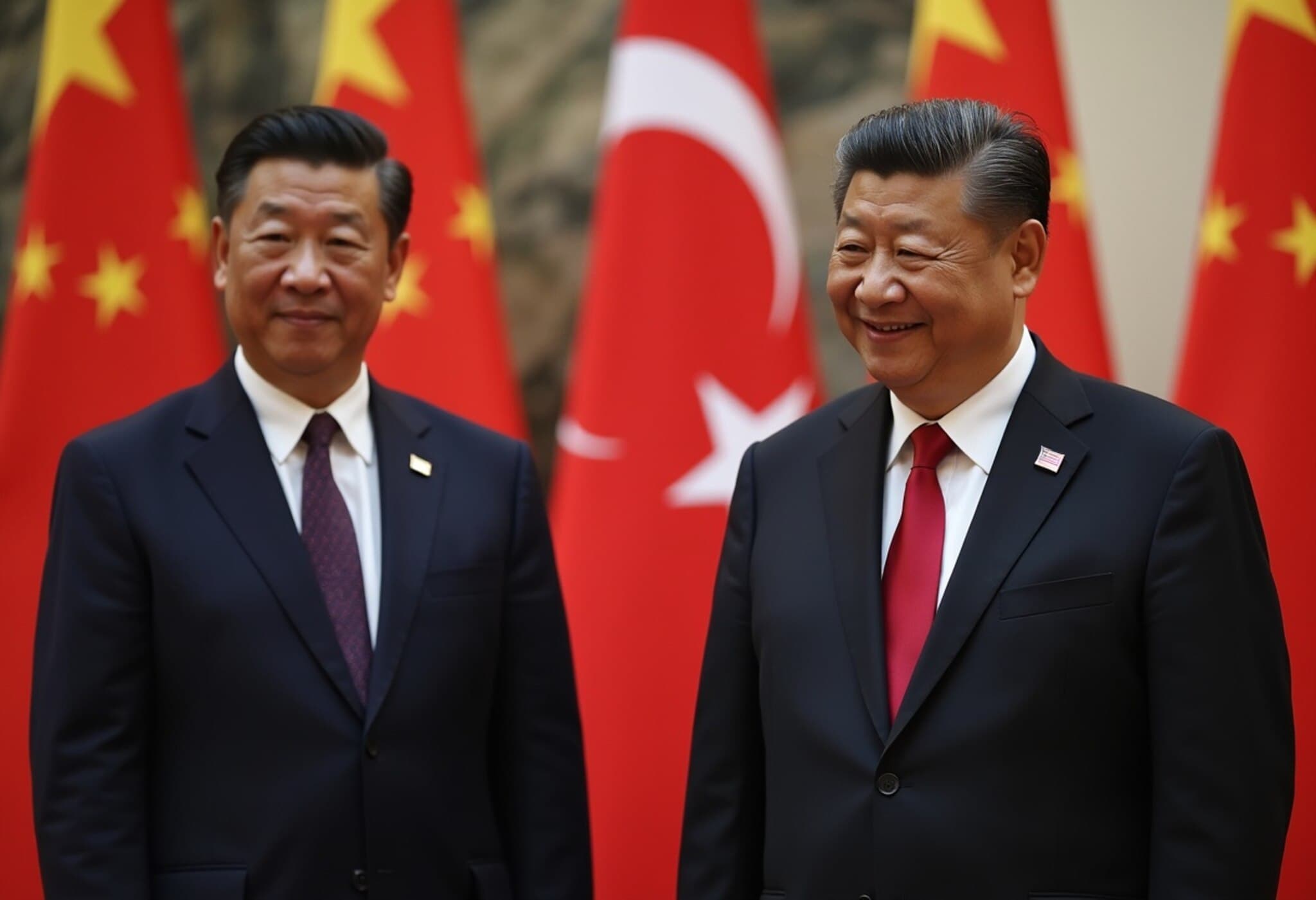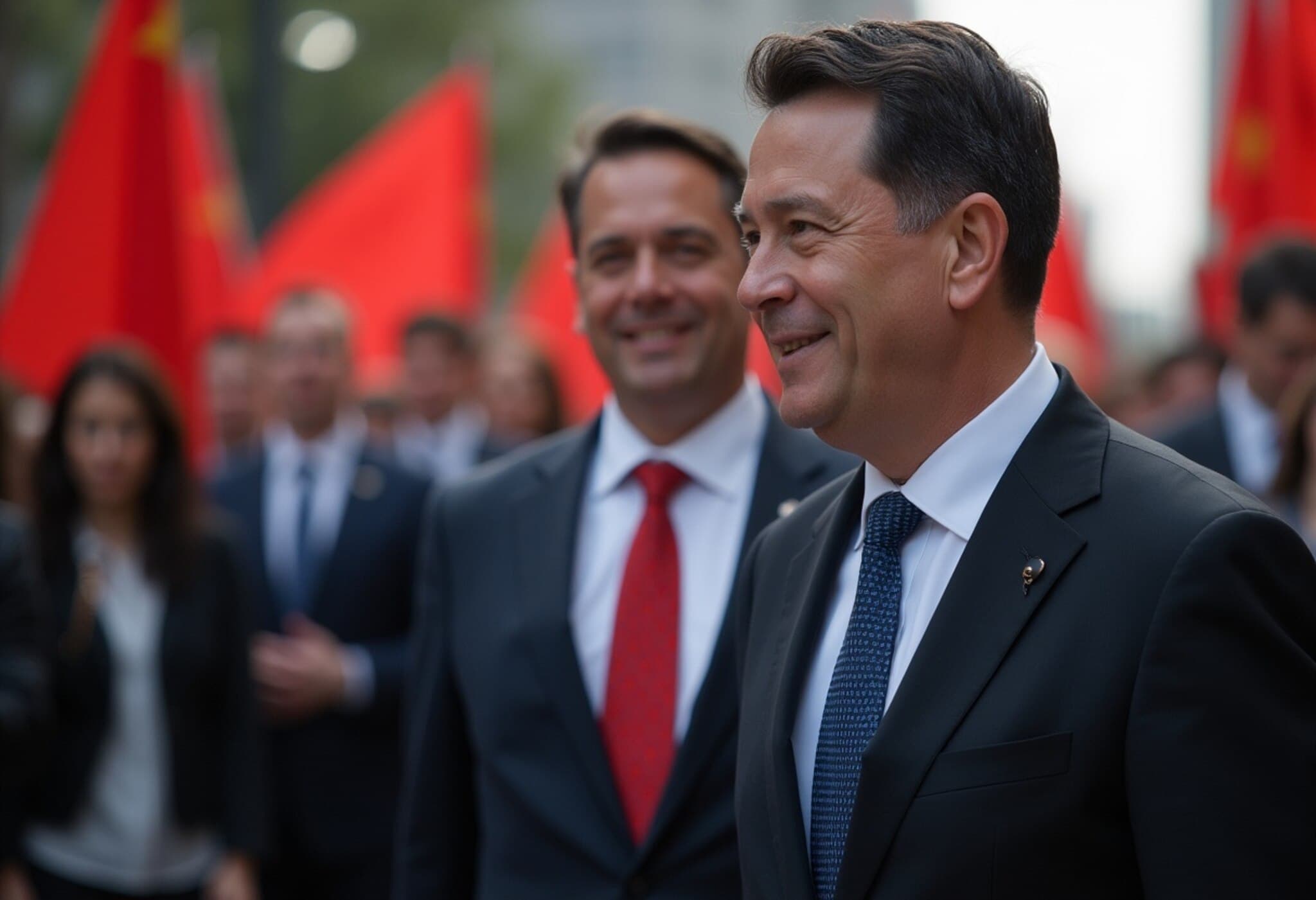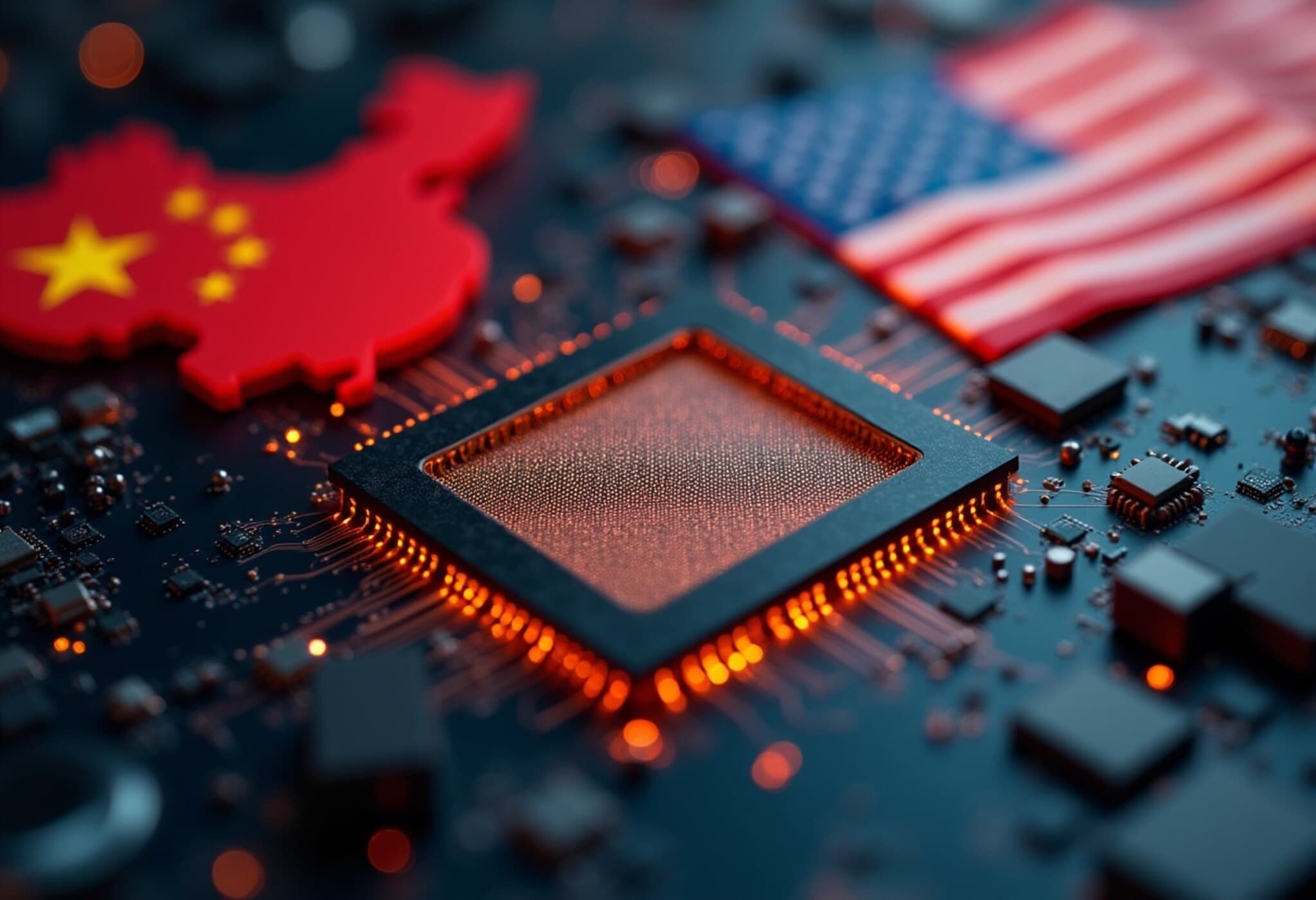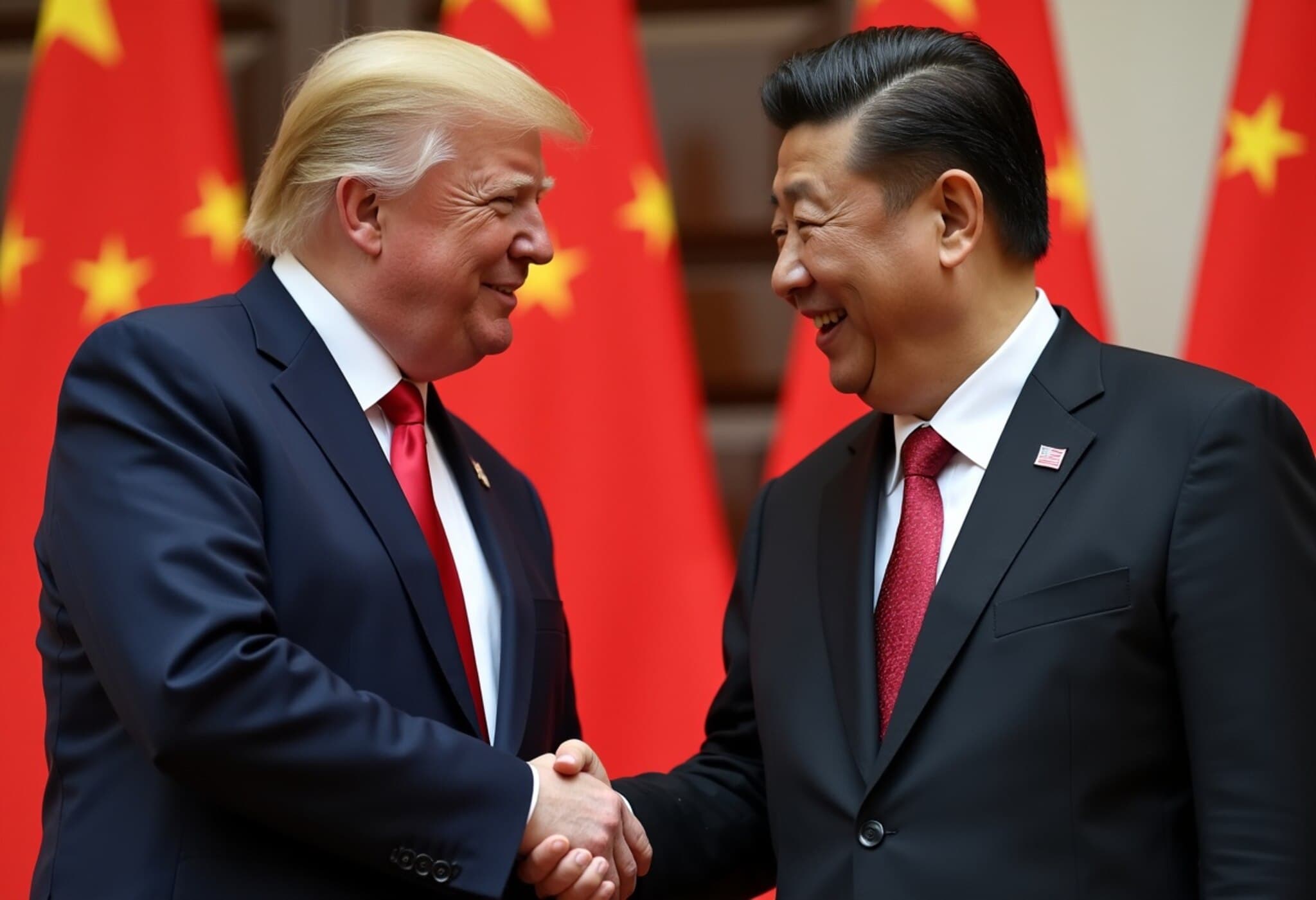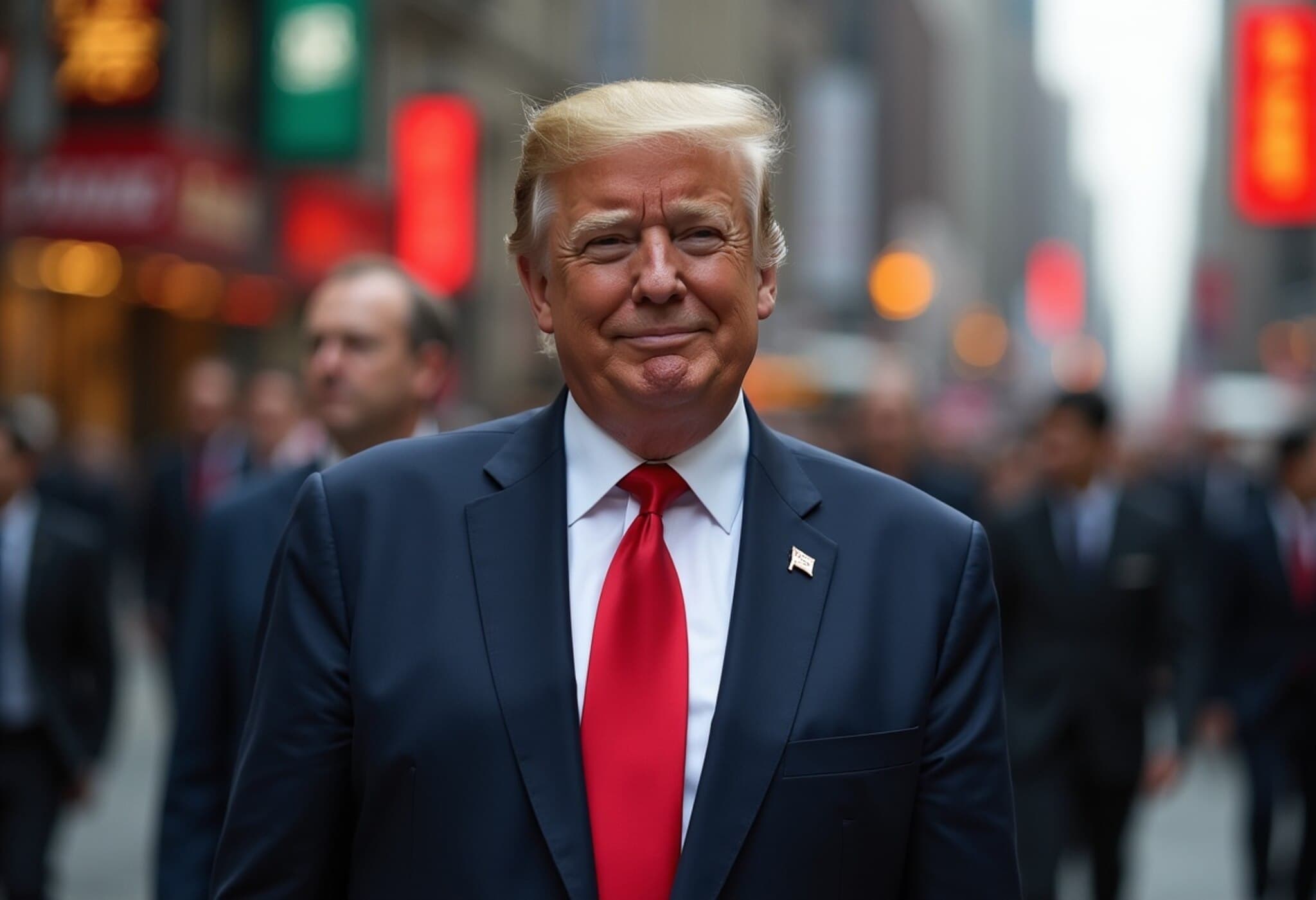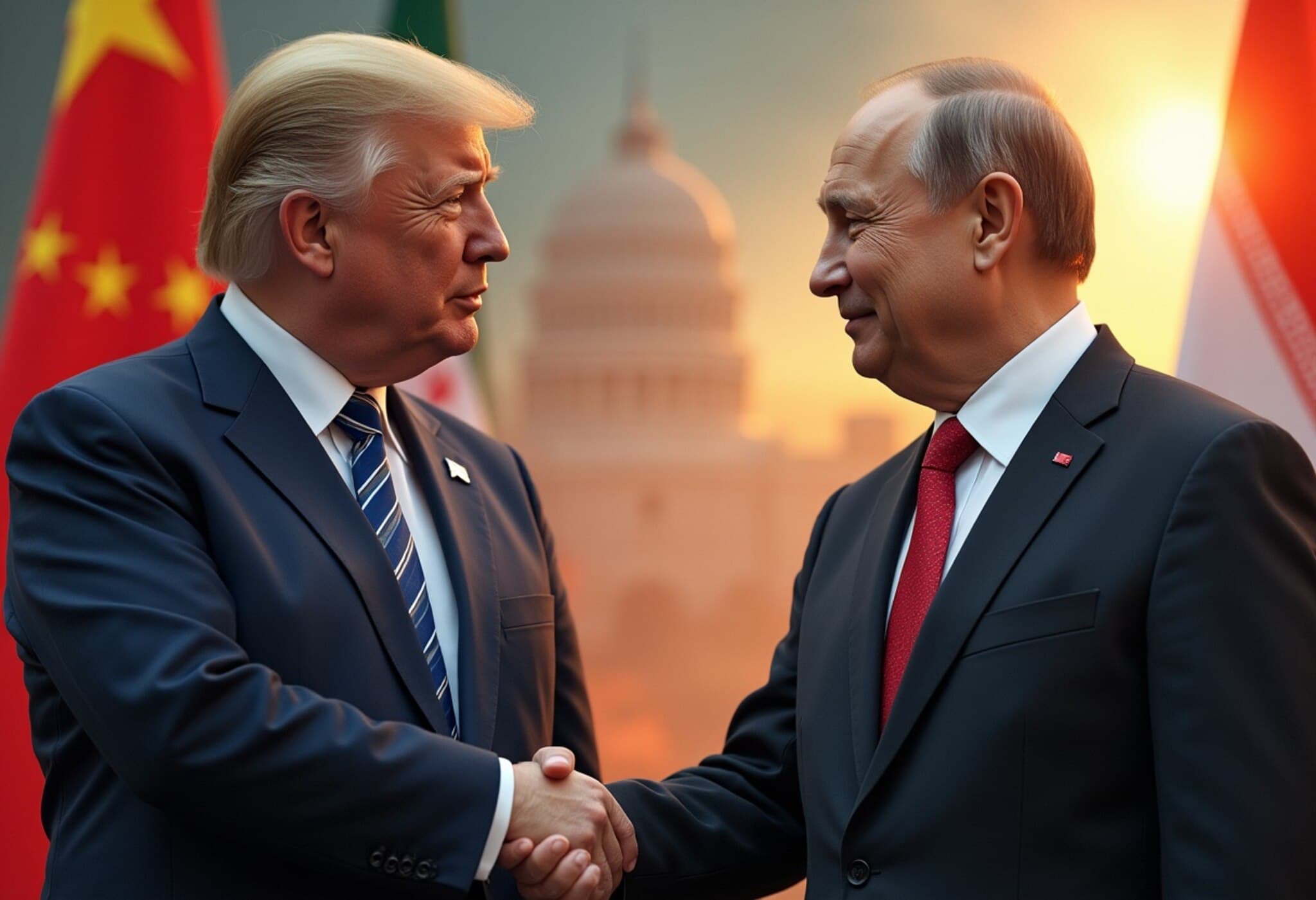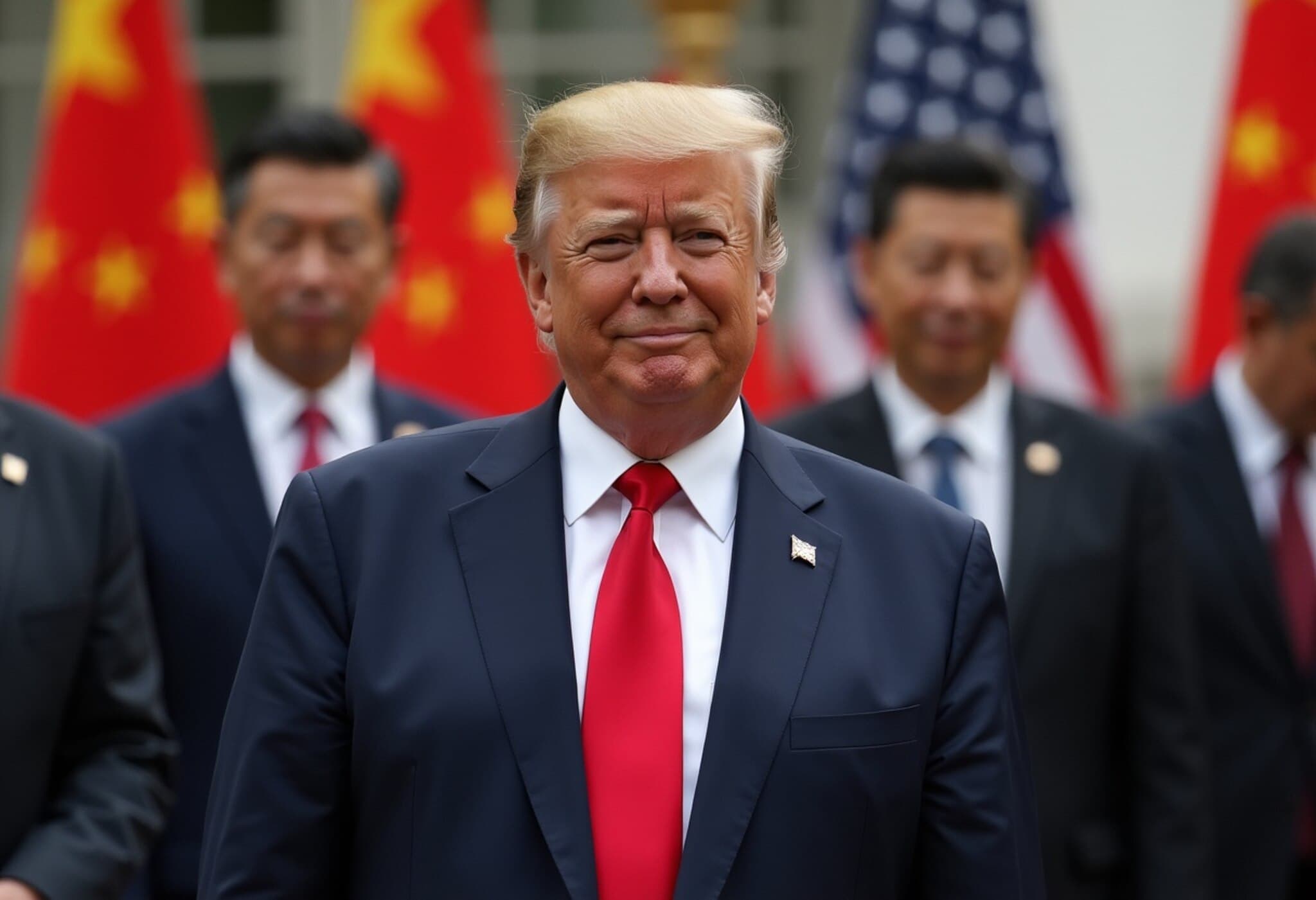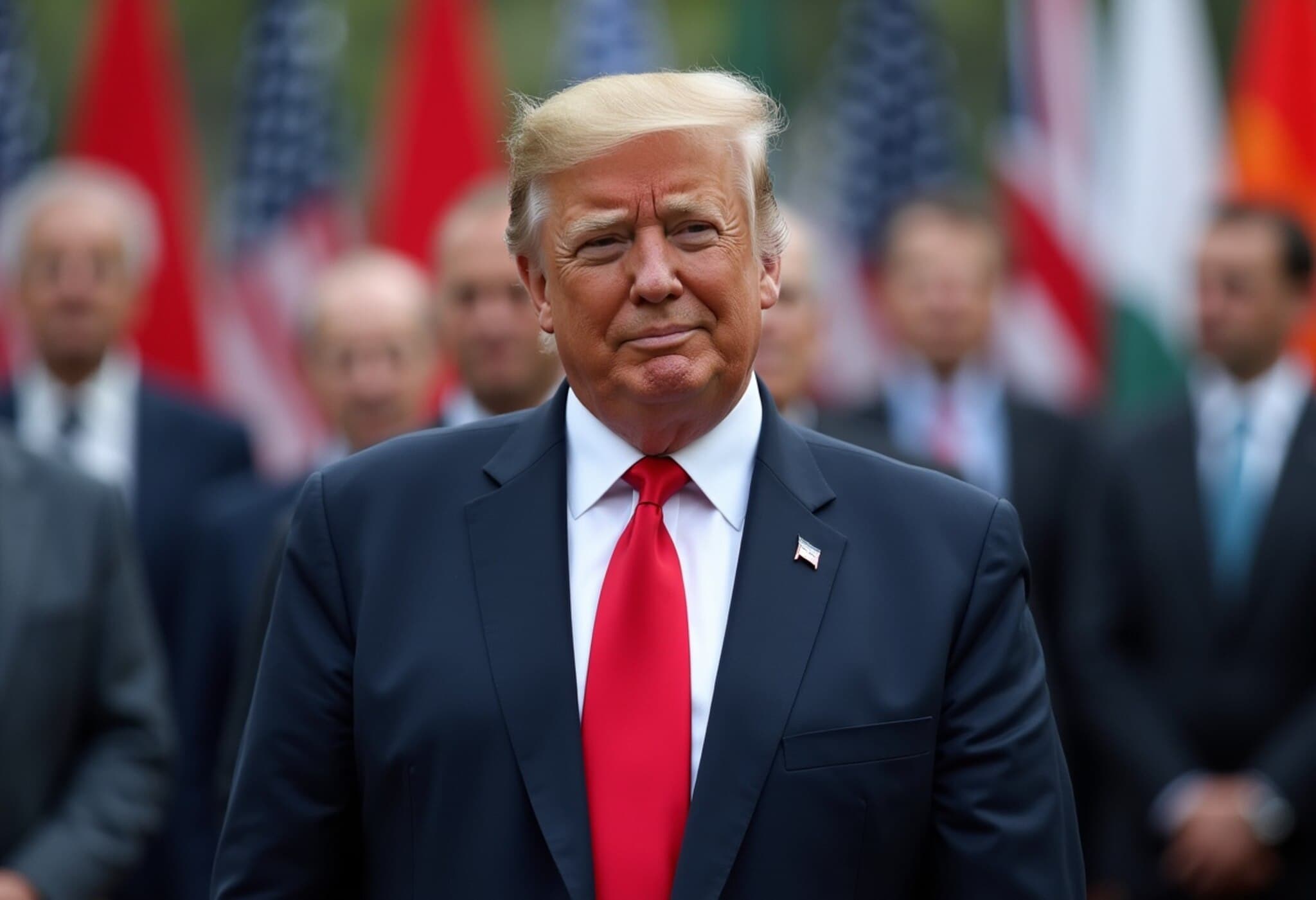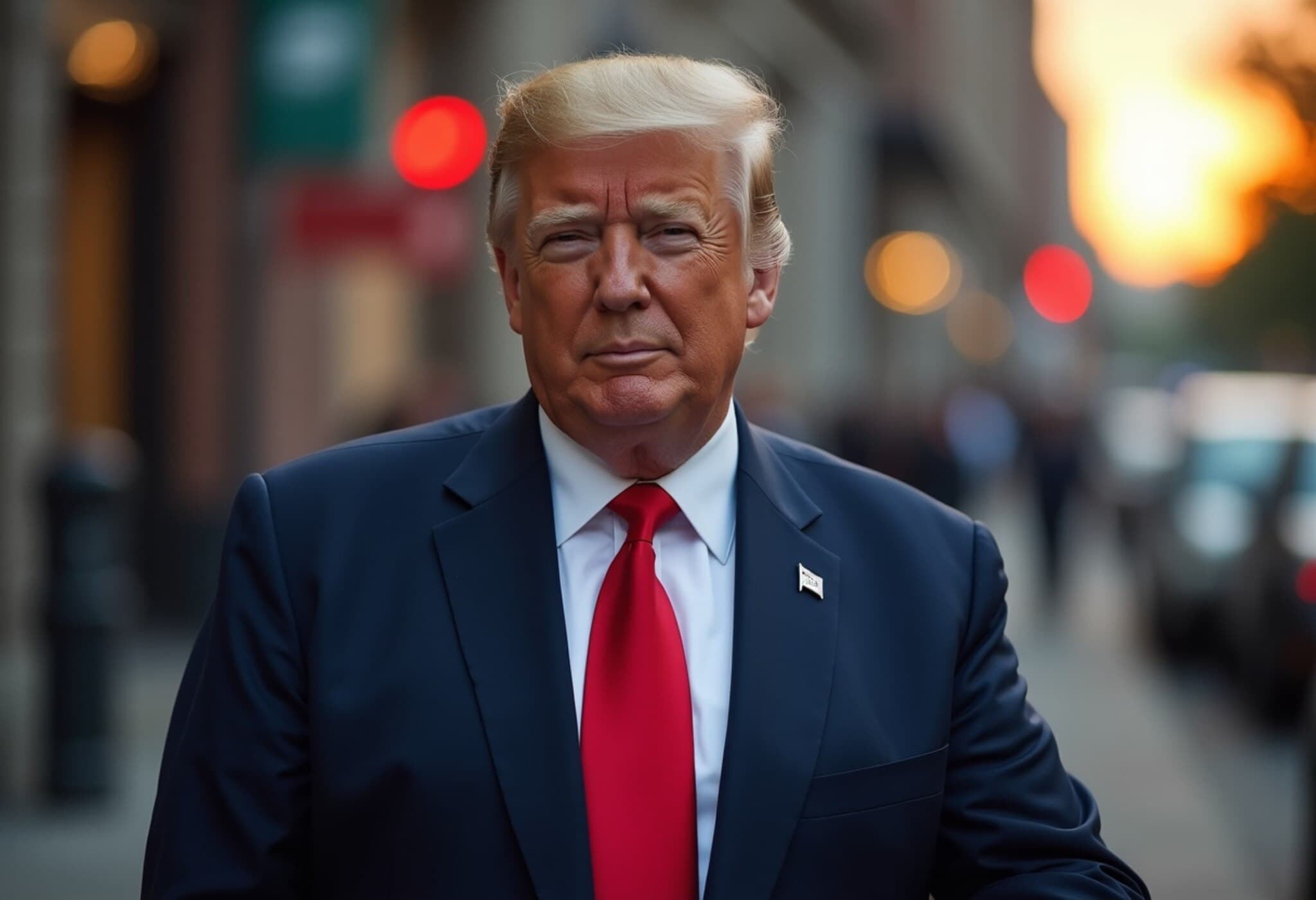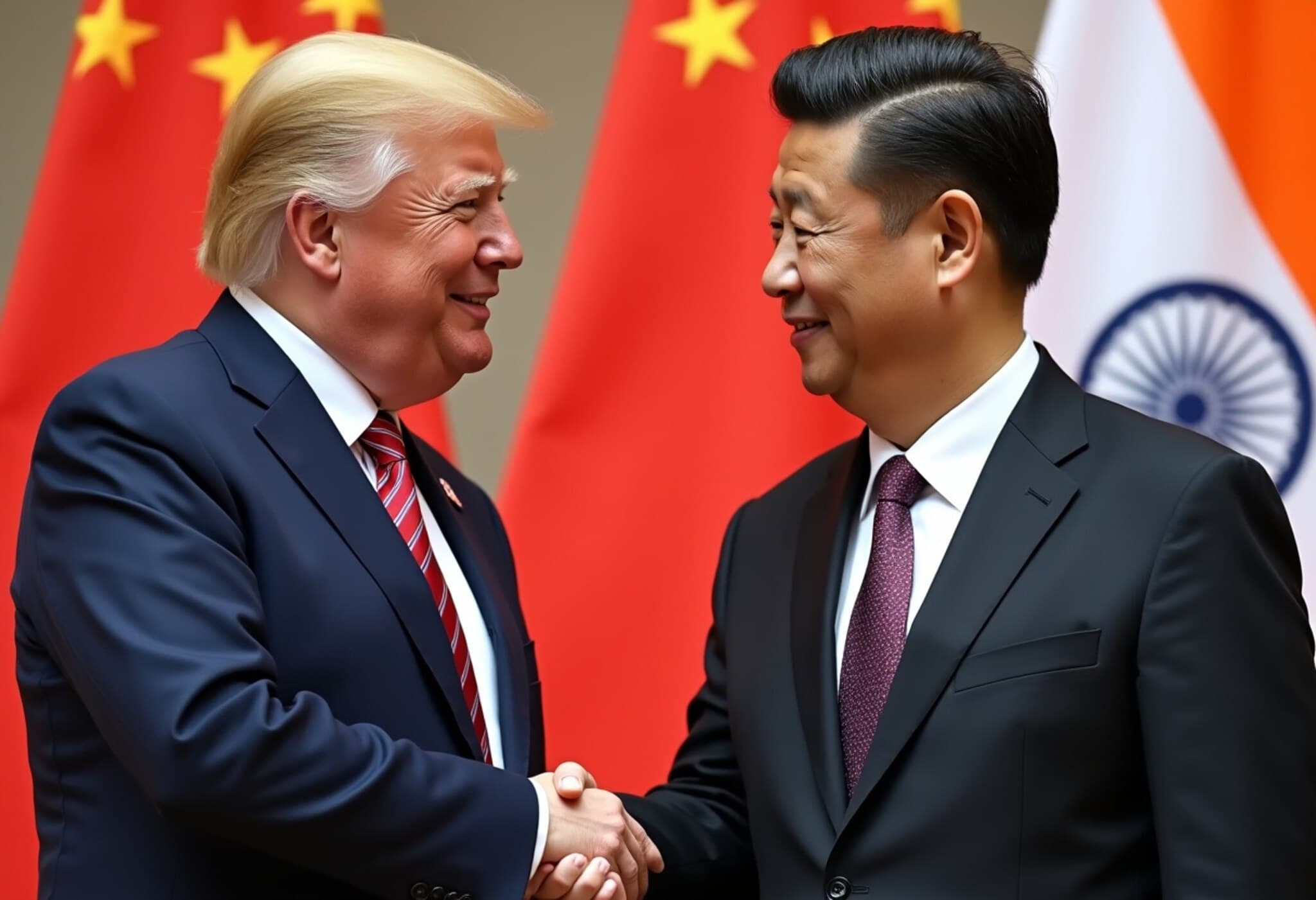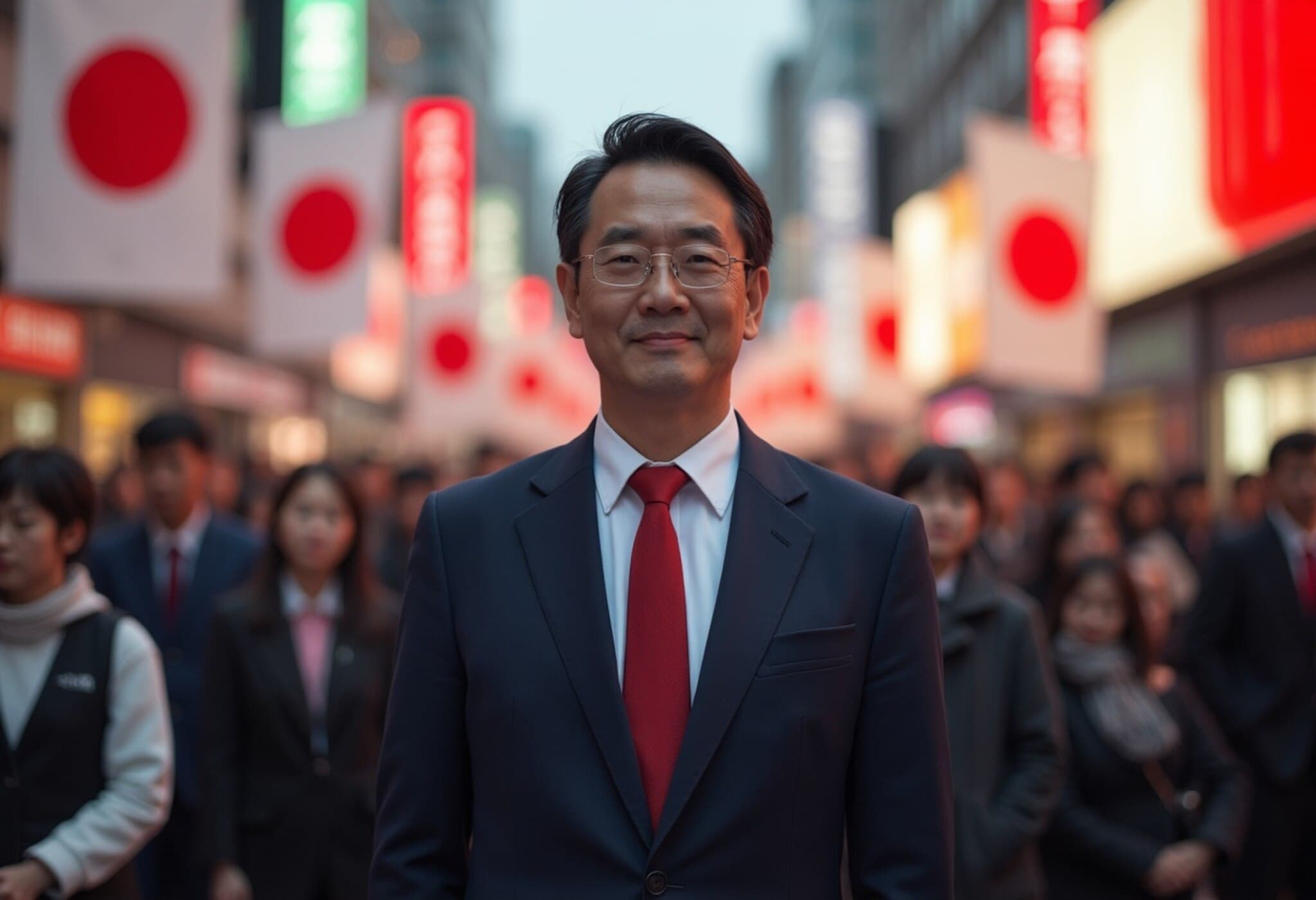Potential Trump-Xi Meeting Aims to Ease Escalating US-China Trade War
As tensions simmer over an ongoing tariff dispute between the United States and China, reports suggest that President Donald Trump might meet Chinese President Xi Jinping either prior to or during the upcoming Asia-Pacific Economic Cooperation (APEC) summit in South Korea, scheduled from October 30 to November 1, 2025. This meeting could mark a pivotal step toward de-escalating a fraught trade conflict that has disrupted global markets and supply chains.
Background: A High-Stakes Tariff War
Since taking office, President Trump has pursued an aggressive trade policy, imposing tariffs on vast swaths of imported goods. His administration argues these tariffs aim to protect and stimulate domestic manufacturing, an approach he frames as revitalizing American industry. Critics counter that this policy makes everyday consumer goods significantly more expensive for Americans and risks undermining global economic stability.
Current tariff rates on Chinese imports stand as high as 55%, with a proposed universal base tariff of 10% on imports from all countries and elevated rates on "problematic" trading partners. This backdrop sets a complex stage for any diplomatic breakthrough.
Upcoming Deadlines and Diplomatic Moves
President Trump has set an ambitious deadline of August 12, 2025, to secure a durable agreement on tariffs with China. Amid these high-stakes negotiations, the most recent high-level dialogue took place on July 11 in Malaysia, where US Secretary of State Marco Rubio met Chinese Foreign Minister Wang Yi. Both parties publicly described the meeting as productive, suggesting willingness to find common ground.
Rubio revealed that Trump has been invited to visit China for direct talks with President Xi, emphasizing, "Both leaders want it to happen." However, official spokespeople for Trump have so far declined to comment on the specific plans for a potential meeting later this year.
Chinese Perspective and Regional Implications
On the Chinese side, Commerce Minister Wang Wentao articulated a clear objective to stabilize trade ties with the US. Speaking recently in Europe, Wang stated that the escalating tariff battle "is unnecessary" and underscored China's commitment to restoring constructive trade relations.
This prospective summit comes at a critical time as the APEC forum traditionally facilitates dialogue among Asia-Pacific economies on economic cooperation and policy coordination. For South Korea, the summit offers an opportunity to convene two of the world's largest economies amid heightened geopolitical and economic uncertainty.
Why This Matters: Economic and Policy Analysts Weigh In
Trade experts emphasize that the outcome of US-China negotiations will ripple far beyond bilateral relations. The imposition of high tariffs disrupts global supply chains, inflates costs for manufacturers and consumers, and introduces volatility into global markets. An agreement could not only ease these disruptions but also signal a de-escalation of broader geopolitical tensions.
- For American consumers: Lower tariffs could reduce prices on imported goods.
- For manufacturers: Stability in trade policy allows better long-term planning and investment.
- For global markets: Decreased uncertainty may revive investor confidence.
However, critics argue that unilateral tariffs risk undermining the principles of free trade and may provoke retaliatory measures, potentially sparking a protectionist domino effect worldwide.
Looking Ahead: What to Watch
With the APEC summit less than four months away, attention will center on whether Trump and Xi can leverage the event to mend fractured economic ties. Observers will be looking for signs of compromise on tariffs, frameworks for enforcement, and broader discussions on intellectual property, technology transfers, and market access — perennial sticking points in US-China trade relations.
The looming August 12 deadline adds pressure for a tangible breakthrough, making upcoming weeks critical for diplomacy.
Editor’s Note
The potential Trump-Xi meeting underscores the delicate balancing act of contemporary global trade diplomacy — where domestic economic priorities, geopolitical strategies, and global market dynamics converge. While negotiating tariff reductions may offer immediate relief, the underlying issues of economic competition, technology, and national security remain complex and unresolved.
Readers should consider how trade policies impact not only international relations but also everyday consumer prices and supply chain reliability. As this story develops, key questions remain: Will diplomatic engagement succeed in reversing trade hostilities? And how will these talks shape the future of US-China economic interdependence in an increasingly multipolar world?

